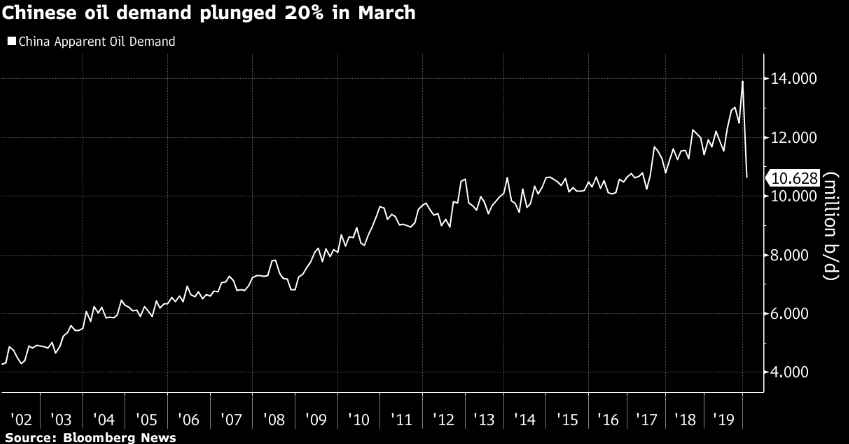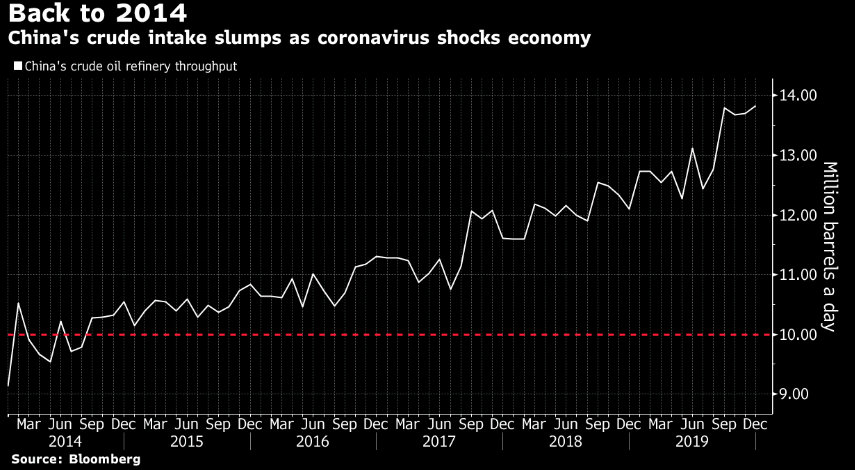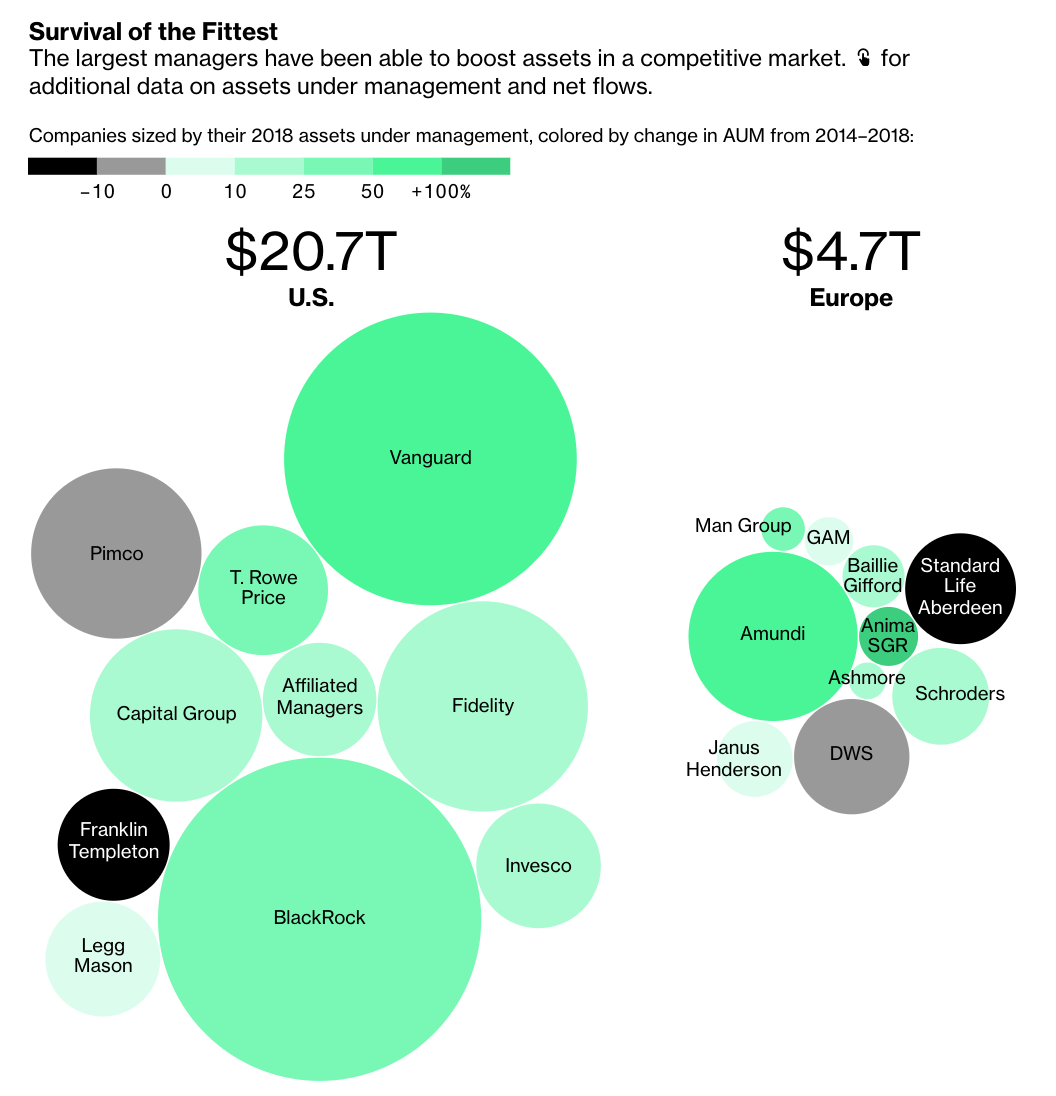“Twenty-five years ago, when Zong Qinghou was 42, he made his living selling soft drinks and popsicles to schoolchildren. He says he earned about $8 a month — less than a third of China’s average wage at the time — and was so broke that he once slept in a tunnel under the streets of Beijing rather than spend on a hotel.
“Today, Zong, 67, is still selling soda — and lots of other things — as the wealthiest man in mainland China, Bloomberg Markets magazine reports in its December cover package, “The World’s Richest People.” His net worth of $20.1 billion as of Oct. 5 ranks him No. 30 in the world…”
– Bloomberg, Zong Tops China Billionaires as Communist-to-Capitalist
The responsible trader puts risk control first. That means staying clearheaded in respect to potential outcomes, refusing to “drink the kool-aid” while everyone else chugs it.
Given the need for realism, though, it’s good to temper cynicism with awareness of what’s possible… the potential in what could happen, with hard work, if things really go right.
In that regard, extreme success outliers are not to be envied or copycatted — obviously one needs a lot of fortuitous circumstance (plus the hard work) to do what Zong did.
Instead, fat tail successes serve as a useful reminder that perhaps, just perhaps, outlandish aspirations are not so outlandish… and could even be modest in respect to what’s been done.
After all, if a man in China can go from making $8 a month at age 42, to being worth $20 billion at age 67, who is to say what you or I might achieve?







 Feb. 4 (Bloomberg) —
Feb. 4 (Bloomberg) —